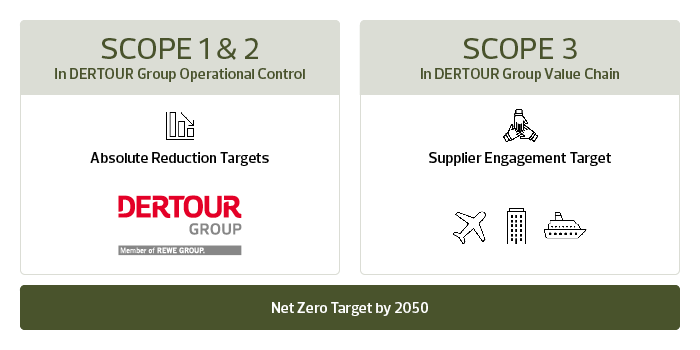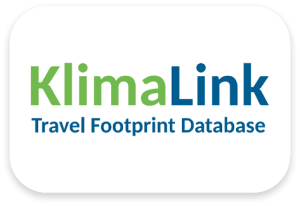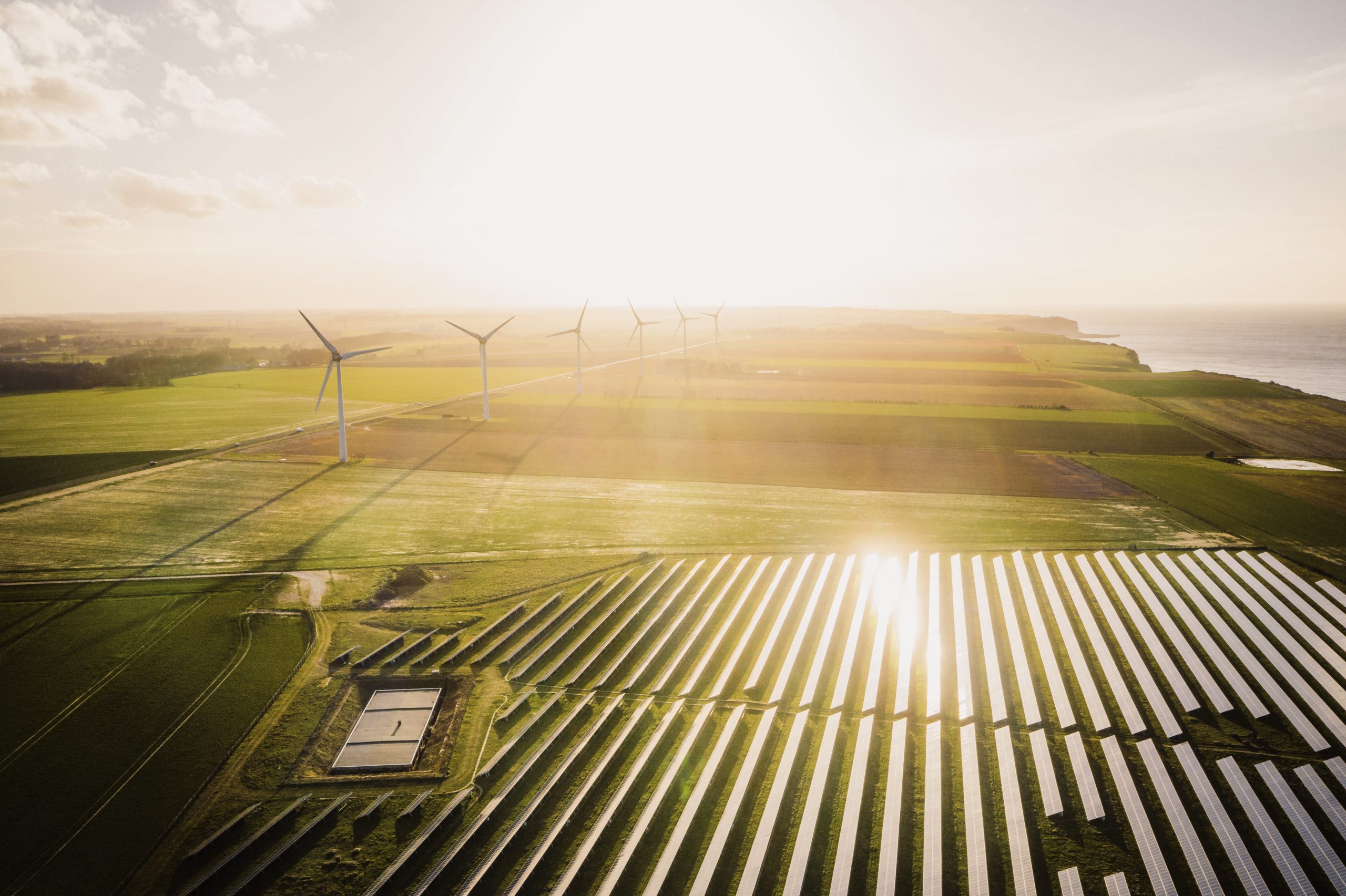The DERTOUR Group is actively committed to climate protection. Its projects and initiatives aim to reduce the environmental impact of our business division and promote more climate-friendly alternatives.
In March 2024, REWE Group officially committed to the “Science Based Targets Initiative” (SBTi) and thus made a company-wide decision for climate protection.
As part of REWE Group, DERTOUR Group is also committed to the SBTi’s science-based climate targets and aims to achieve net-zero emissions by 2050 together with all REWE Group units. The focus is not only on drastically reducing emissions in its own business units (Scope 1 and 2), but also on emissions in its own supply chain (Scope 3).
As part of the SBTi commitment, the DERTOUR Group is focusing on the following targets:

As a direct response to the SBTi Commitment, the DERTOUR Group has initiated the ONE Climate protection program, thus making climate protection a binding part of the Group strategy.

The Science Based Targets initiative provides companies with a clearly defined pathway to reduce greenhouse gas emissions, helping to prevent the worst impacts of climate change and make business growth sustainable. Targets are considered “science-based” if they are necessary according to current climate research to limit global warming to 1.5°C above pre-industrial levels and thus achieve the Paris climate targets.
This pillar focuses on the overarching management of the SBTi commitment and the implementation of the supplier commitment target in the areas of flights, hotels, cruises and DMC. The DERTOUR Group is increasingly relying on the cooperation and support of partners, for example in the flight sector:
The DERTOUR Group has entered into a strategic partnership with the Lufthansa Group to use more sustainable aviation fuel. These sustainable aviation fuels are produced from biogenic residues (such as used cooking oils) or synthetically. Passengers can contribute to lower-emission flights on many routes by choosing flights with SAF.
As part of our ONE Climate program, we are focusing on the following climate projects, which also contribute to our climate targets and, in particular, increase the transparency of our climate impact for customers:
Futouris industry project to support hotels in measuring emissions and developing a climate reduction strategy. You will find more information about the Hotels Go Net Zero project on the Futouris website.
Industry project by Futouris/KlimaLink to develop a standard for calculating the emissions of a trip and reporting the climate impact on the product.

In the fall of 2021, we joined forces with Futouris e. V., the industry initiative for sustainable tourism, to conduct a feasibility study on the creation of a CO2 cadastre, which was transferred to the industry project “Climate-conscious Travel” in 2022. The project resulted in forming the KlimaLink e.V. association in October 2022, in which we are actively involved as a founding member.
Together with other players in the industry, we have developed a calculation standard and a visualisation of emissions from travel and travel components. This is intended to reduce the climate footprint of travel, the industry as a whole and also of us as a company. From the end of 2024, we will therefore successively disclose the emissions from travel and travel components – starting with flights, online and later also in catalogues – in German-speaking countries.
Futouris industry project to actively incorporate the climate impact of travel components into product design and management. You will find more information about the Climate-friendly product design for tour operators project on the Futouris website.
Restructuring of the process for customers to make a climate protection contribution for their trip.
Group-wide targets are set for areas with a direct impact on emissions reduction. These must be implemented in the international units. For example, there are already electricity and paper targets for Germany, and other individual units already have reduction targets. The targets are now being monitored and managed at Group level via the ONE Climate programme.
In its own business area, DERTOUR Group reduces emissions through the responsible use of resources in central locations, travel agencies and its own hotels. Integrated into the Energy Management System (EnMS) of REWE Group Germany in accordance with DIN EN ISO 50001, the company sets its own energy targets (electricity and heat) to improve energy efficiency.

Between 2019 and 2030: Reduction of electricity consumption at headquarters by 30%
Between 2019 and 2030: Reduction of electricity consumption
on average per travel agency by 10%
In addition to the measures taken as part of the EnMS, the Group is not only reducing its carbon footprint in its own business area, but is also taking measures relating to purchased products and services. As part of its climate strategy, the DERTOUR Group is optimizing its paper consumption, among other things.

Until 2030: Reduction overall consumption by 10% per year
Until 2025: Increasing the proportion
of recycled paper to 100% *
*These targets relate to catalog production for the German brands, office paper in Frankfurt & Cologne, office paper in travel agencies and advertising materials.
With these targets, which build on the massive reduction in paper and increase in the proportion of recycled paper that has already taken place, emissions from the use of paper in Germany can be reduced by up to 60% by 2030 compared to 2022. Catalog production accounts for the largest share of this, which is why digitalization, demand planning and the adjustment and optimization of volumes play a major role.